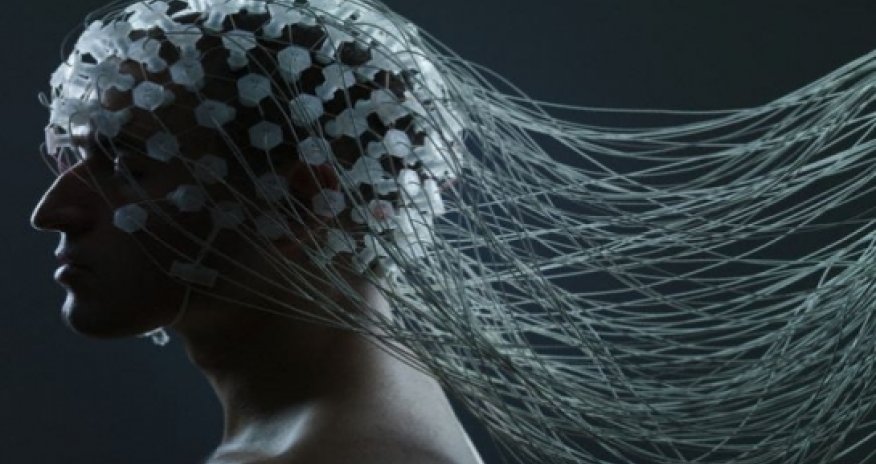Ugly faces are more memorable, scientists claim

A new study suggests that attractiveness can actually prevent the recognition of faces, unless a pretty face is particularly distinctive.German psychologists think the recognition of pretty faces is distorted by emotions.Scientists at the University of Jena, Germany, discovered that photos of unattractive people were more memorable than pretty ones when they showed them to a group of people.However, people were able to easily remember a beautiful face with distinctive features, such as Angelina Jolie’s.Researchers Holger Wiese, Carolin Altmann and Stefan Schweinberger from the university, wrote in their study: ‘We could show that the test subjects were more likely to remember unattractive faces than attractive ones, when the latter didn't have any particularly noticeable traits.’For the study, which was published in science magazine Neuropsychologia, the psychologists showed photos of faces to test subjects. Half of the faces were considered to be more attractive and the other half as less attractive - but all of them were being thought of as similarly distinctive looking.The test subjects were shown the faces for just a few seconds to memorise them and were shown them again during the test so that they could decide if they recognised them or not.The scientists were surprised by the result.‘Until now we assumed that it was generally easier to memorise faces, which are being perceived as attractive - just because we prefer looking at beautiful faces,’ Dr Wiese said.But the study showed that such a correlation cannot be easily sustained.He assumes that remembering pretty faces is distorted by emotional influences, which enhance the sense of recognition at a later time. The researchers’ idea is backed up by evidence from EEG-recordings which show the brain’s electric activity, which the scientists used during their experiment.The study also revealed that in the case of attractive faces, considerably more false positive results were detected.In other words, people thought they recognised a face without having seen it before.‘We obviously tend to believe that we recognise a face just because we find it attractive,’ Dr Wiese said.(dailymail.co.uk) ANN.Az




































 Photo
Photo 



 Video
Video 

